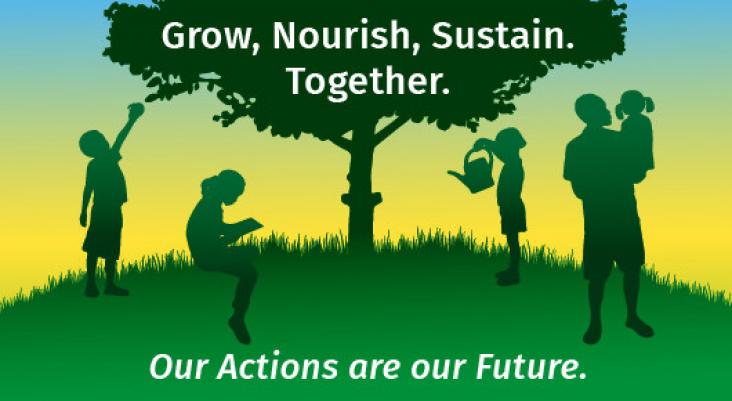
Each year, the Food and Agriculture Organization of the United Nations (FAO) celebrates World Food Day on October 16th to commemorate is founding in 1945. World Food Day 2020 is calling for global solidarity to help all populations to recover from the crisis, and to make food systems more resilient and robust so they can withstand increasing volatility and climate shocks, deliver affordable and sustainable healthy diets for all, and decent livelihoods for food system workers. In support of this years theme - 'Grow, Nourish, Sustain. Together' - Elsevier presents a curated, open access collection of 40 journal articles and book chapters focussed on increasing food security and sustainability.
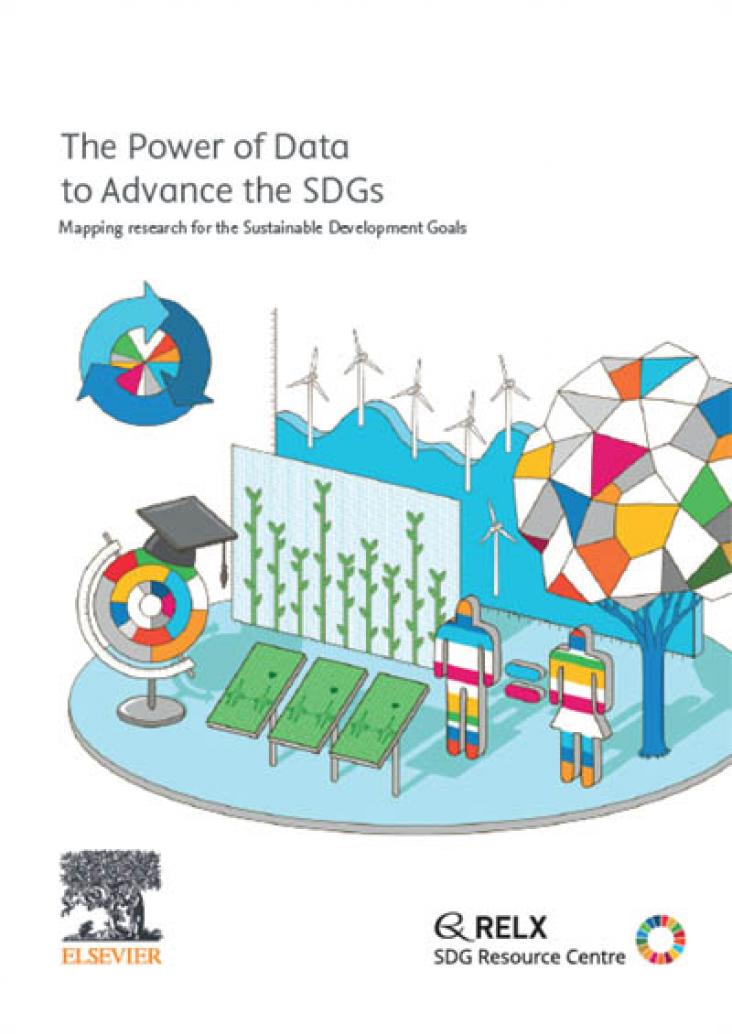
By mapping the state of research within each SDG area, this report acknowledges the pivotal role research plays in tackling some of the world’s greatest challenges. It aims to better understand the research community’s global sustainable development efforts and assesses the progress made, as well as unmet research needs.
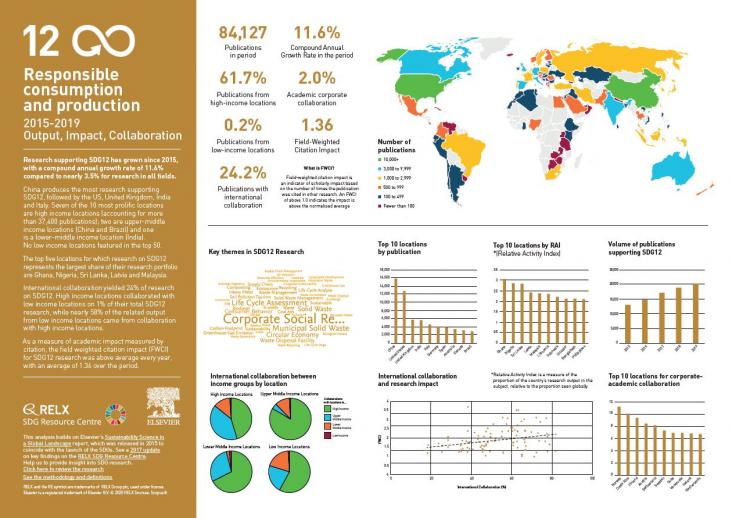
Over the past five years, we have used data and analytics to help the research and healthcare communities navigate the sea of research and to put collaboration, both interdisciplinary and international, at the heart of scientific progress on the SDGs. View findings for SDG 12.
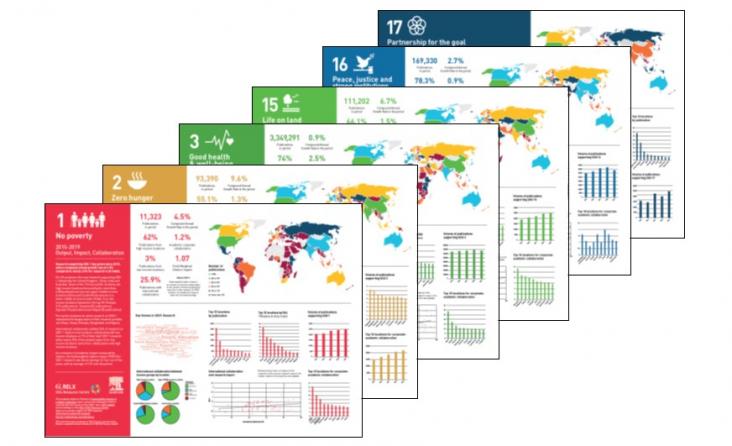
Over the past five years, we have used data and analytics to help the research and healthcare communities navigate the sea of research and to put collaboration, both interdisciplinary and internati
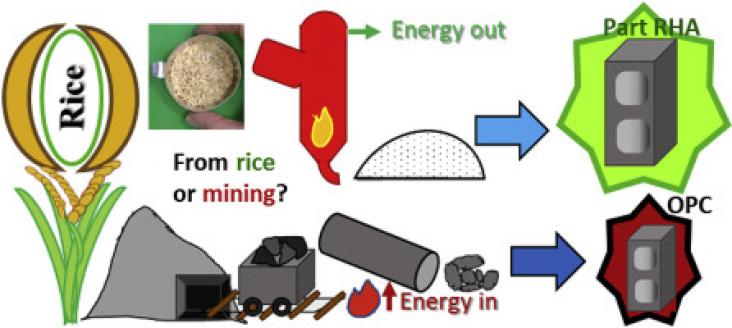
After water, concrete is the second most used material in the world. Using life cycle assessments, concrete has typically been found to be 80% of a residential building by weight.
Manufacturing challenges are anticipated to become worse in the coming decades owing to global material and energy constraints combined with environmental issues associated with conventional processes
This special issue explores the influence that insects and other invertebrates have on ecosystem services and the Sustainable Development Goals (SDGs), and makes a case for insect science to promote a sustainability science approach.
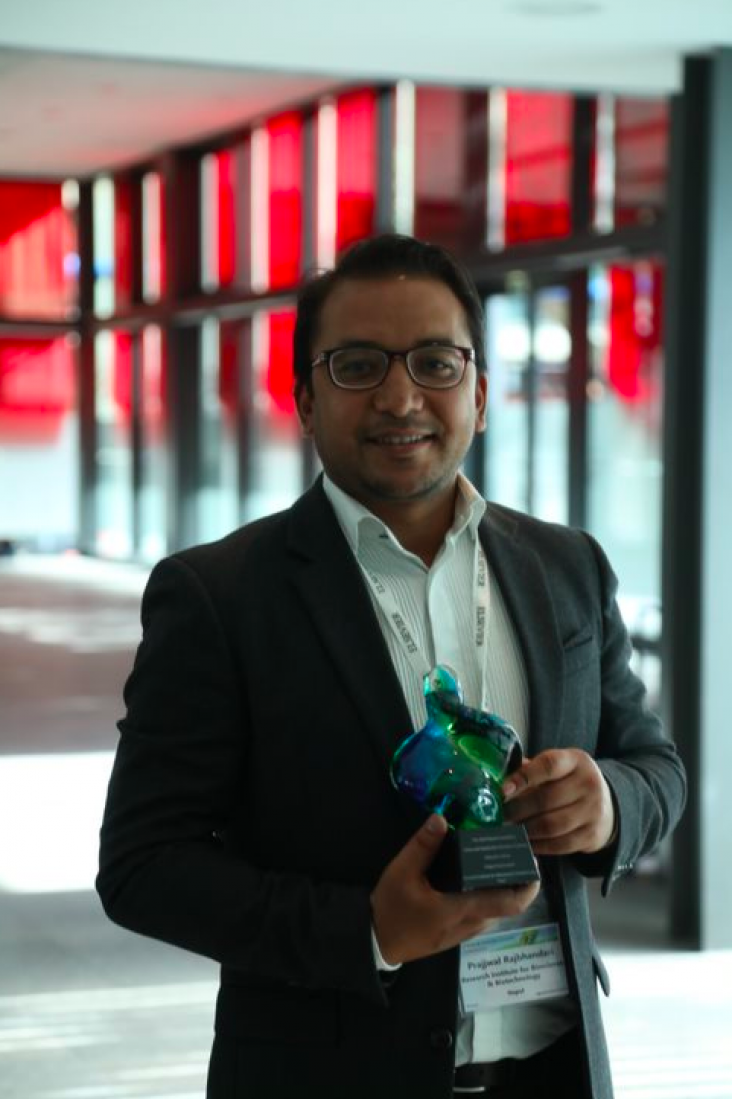
In 2018, Dr. Prajwal Rajbhandari was awarded the first prize of the Elsevier Foundation Green and Sustainable Chemistry Challenge for his project, “Guava leaves as natural preservatives for farmers of Nepal.” Due to a lack of viable non-toxic preservatives, or cold chain technologies, one-third of Nepal’s produce is spoiled before it reaches market each year. Dr. Rajbhandari’s project taps the antioxidant and antimicrobial properties of guava leaves to make a water-based, sprayable natural preservative, contributing to SDGs 2, 12 and 15. Two years later, we interviewed Dr. Rajbhandari about his experience as a winner, as well as the upcoming steps for his project.
Background: Plant-based meat alternatives are developed to address consumer demands and sustainability of future food supply, and the market has grown exponentially in recent years.
